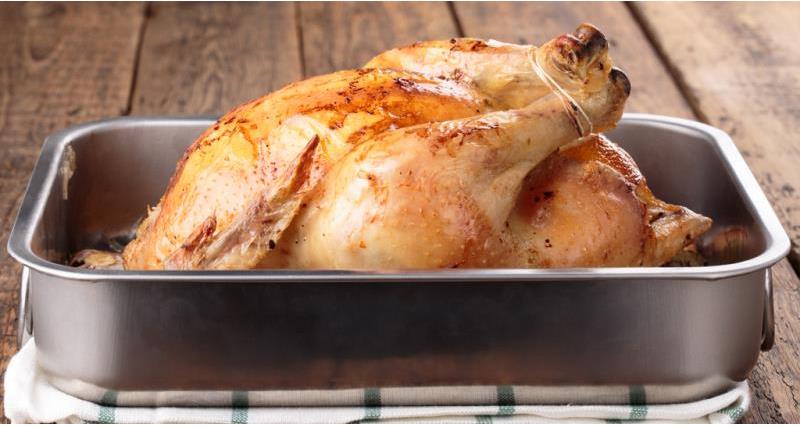The FSA along with Food Standards Scotland and the UK Health Security Agency is reminding consumers to take care when handling and cooking poultry products at home, because of a rise in food poisoning linked to some imported products. The advice includes chilled and frozen chicken and turkey drumsticks, breasts, thighs and chicken pieces.
It comes in response to an increase in Salmonella enteritidis linked to poultry products imported from Poland.
The FSA is in discussion with officials in Poland and the EU to ensure all necessary steps are taken to improve the safety of poultry and eggs imported from Poland.
The forthcoming import controls on food and feed coming into the UK from the EU will also allow us to check these controls are in place and help to uphold the UK’s high food and feed standards and to protect public health.
“Even though we will always be a trading nation in food, we should not be allowing imported products to enter our food system that may not be produced to the same standards.”
NFU Poultry Board chair James Mottershead
Case rises ‘deeply concerning’
“It is deeply concerning to hear that poultry products produced outside of the UK are being imported from countries where salmonella cases are on the rise.” said NFU Poultry Board chair James Mottershead.
“British poultry farmers are proud to produce to some of the world’s highest food standards and have to meet stringent food safety and environmental legislation. Even though we will always be a trading nation in food, we should not be allowing imported products to enter our food system that may not be produced to the same standards.
“Shoppers can be confident that British poultry and egg farmers are working hard to produce affordable, safe and nutritious food for their plates, and when shopping consumers can identify these products by looking out for produce with British logos on packs that they know and trust.”
Tina Potter, head of incidents at the FSA said: “Our advice is to always take care when storing, handling, and cooking poultry products such as chicken, turkey and duck to help reduce the risk of food poisoning to you and your family.
“You should always check the cooking instructions on food packaging, as different brands of the same type of product might have different instructions. Cooking food at the right temperature and for the correct length of time will ensure that any harmful bacteria are killed.
“At the same time, make sure that any surfaces and equipment that come into contact with food are clean to avoid risks from cross contamination and always wash your hands before and after handling food.
“A number of the cases have involved the consumption of eggs produced in Poland and used in meals in restaurants and cafes. As a result, the FSA is asking local authorities to remind food businesses about the importance of good hygiene practices,” she added.
